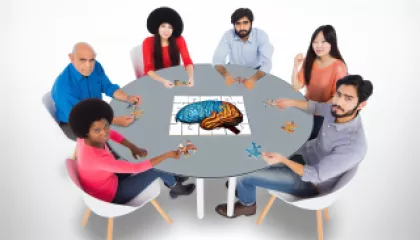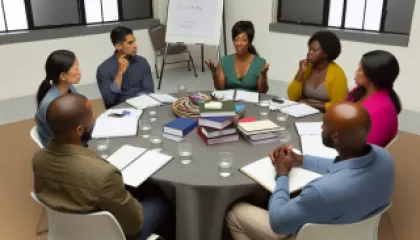What Are Cognitive Biases and How Can You Overcome Them?
1 year ago
Cognitive Biases
Have you ever wondered why we sometimes make poor decisions or come to incorrect conclusions, even when we think we're being logical? The answer may lie in cognitive biases. These unconscious mental shortcuts can greatly influence our thought processes and decision making. In this article, we'll delve into the world of cognitive biases, exploring what they are, how they affect us, and ways we can overcome them.
Mastering the Mindset: My Journey to Embracing Success Psychology
1 year ago
Success Psychology
Being successful in any endeavor, be it personal or professional, is not solely about the skills, qualifications, or resources at your disposal. There's a critical element that often goes unnoticed - your mindset. This article narrates my journey of understanding and embracing success psychology, which has become an essential part of my life.
The Crucial Role of Trust Building in Strengthening Relationships
1 year ago
Trust Building
Trust is the cornerstone of any relationship, be it personal or professional. It's the glue that holds people together, the foundation upon which all successful relationships are built. Without trust, relationships crumble. In this article, I will delve into the crucial role of trust-building in strengthening relationships, and why I believe it to be an indispensable aspect of human connection.



